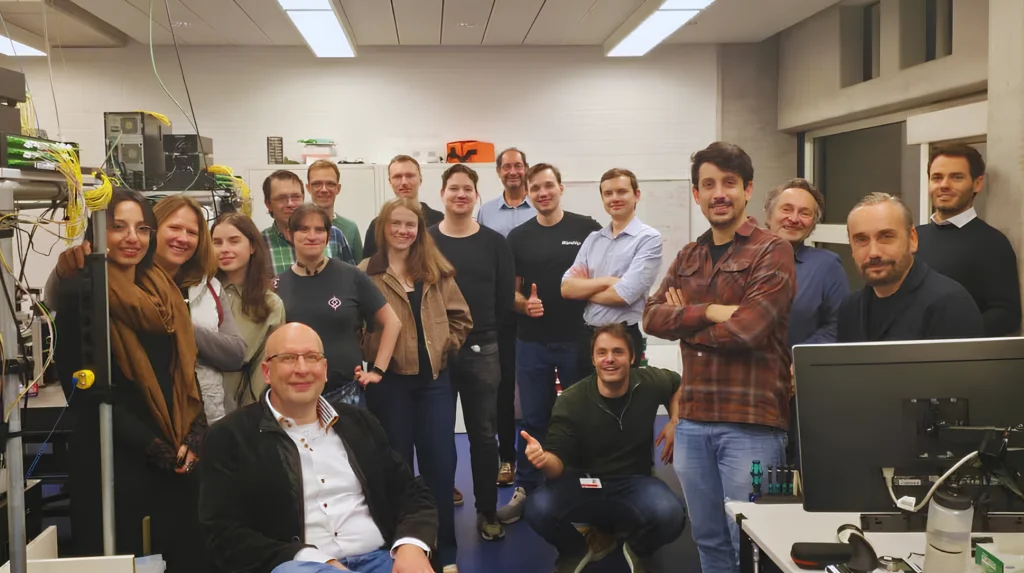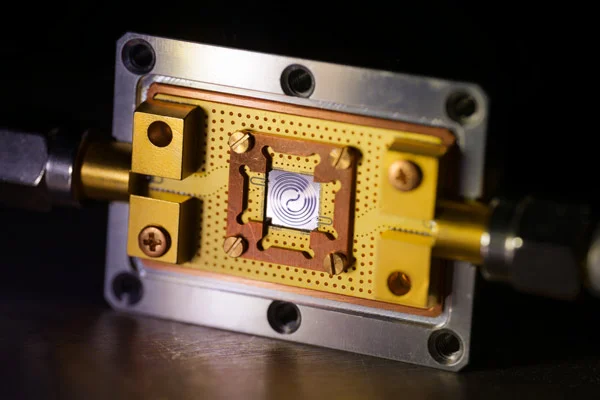Insider Brief
- Phoenix has partnered with Origin Quantum to integrate its 72-qubit superconducting quantum chip into a decentralized AI and compute network, aiming to make quantum computing more accessible.
- The partnership builds on Origin Quantum’s “Wukong” superconducting quantum computer, which features 72 working qubits and 126 coupler qubits, supporting applications in biosciences, material engineering, AI, and optimization.
- Phoenix is developing QuantumVM, a web-based quantum computing platform that will allow users to run quantum applications without coding expertise, with an expected release in early Q2 2025.
PRESS RELEASE — Phoenix, a decentralized AI and DePIN compute network, has partnered with Origin Quantum, China’s leading quantum computing firm, to democratize quantum computing through DePIN. The partnership will enable Phoenix to leverage Origin’s 72-qubit superconducting quantum chip, just shy in capacity of recently unveiled Google Willow’s 105-qubit chip, to create virtualized nodes to deliver to the global market in both a simplified API format and a quantum compute terminal/workbench, enabling accessible quantum computing for lower compute costs, deployment complexity, and development overhead.
The cooperation will leverage and build off of Origin Quantum’s latest superconducting quantum computer, “Origin Wukong”, which includes 72 working qubits and 126 coupler qubits, comprising a total of 198 qubits. The technology is already live and programmable, with a variety of industry solutions, both experimental and live in-production already deployed, including quantum biosciences, material engineering simulations, quantum machine learning & AI, portfolio optimization, smart manufacturing and power-grid optimization. The latest frontier of quantum compute is quantum AI – however experimental or far in the horizon it may seem, deep neural networks (gated recurrent units, a type of deep learning model) has already been implemented on Origin’s quantum computers as of 2024 and published in IEEE.
With this partnership, Phoenix is working alongside industry experts to develop QuantumVM (short for Quantum Virtual Machine), which will allow researchers, engineers, and developers to build functions, calculations, and applications on Origin’s quantum computers without having an understanding of quantum programming and quantum circuits through a simplified web service API. Additionally, a web-based quantum computing terminal built on top of QuantumVM is set to be in development, allowing for users to execute computations and functions with no code required. These are planned to make quantum computing cheaper, with minimal upfront costs, and less technical knowhow required for use, research, and implementation.

Phoenix expects QuantumVM to be released as soon as early Q2 2025. “This is a significant partnership and we look forward to building a novel approach to computing and DePIN, combining non-mainstream technology and hardware for building real-world industry applications for both AI and quantum,” said Tiger Li, Ecosystem Head of Phoenix.















